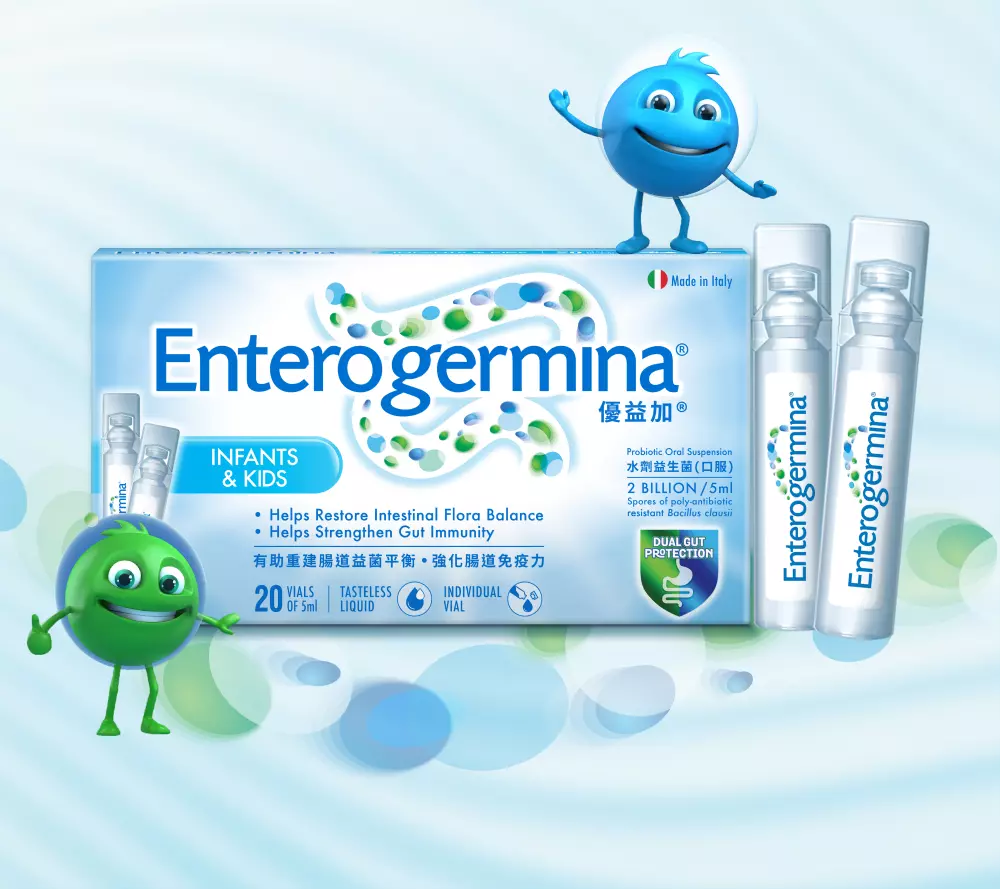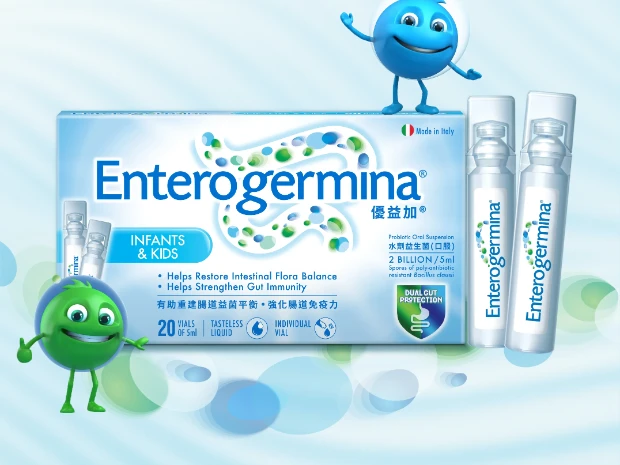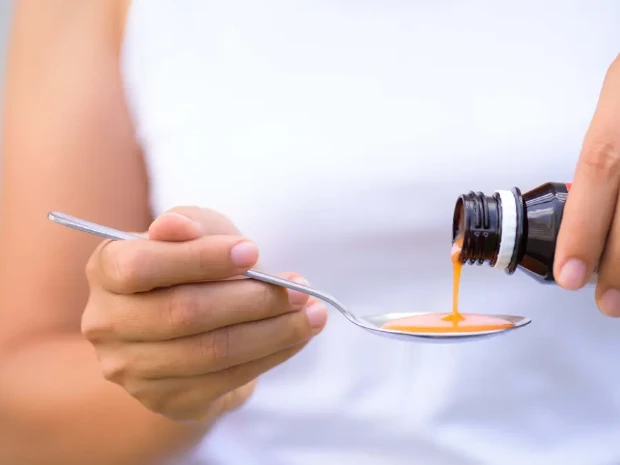Antibiotics & Bacterial flora
Few people are aware of just how destructive antibiotics can be to the healthy levels of bacterial flora inside the body. Here’s what you need to know:
Bacterial flora are vital to tissues and organs
The skin, intestines, urogenital system and respiratory system all depend on healthy levels of bacterial flora to function well.
It’s difficult for the body to rebalance bacterial flora
Particularly the good bacteria wiped out by antibiotics. While not impossible, it takes time and this leaves the gut vulnerable to digestive complications in the interim.
How to recognise antibiotic related gut discomforts
While antibiotics may also have stomach-related side effects, our area of interest would be the intestines:
Occasional diarrhea
Antibiotics may significantly reduce your colonies of good bacteria, rendering your gastrointestinal tract weak.
Gas & Cramping
Long periods of antibiotic usage tends to cause severe damage/destruction of the colon, resulting in bloating and bellyaches.
Nausea
Nausea is a common symptom of imbalanced intestinal bacteria; those with vulnerable tummies are also prone to vomiting.
Antibiotic side effects: Tips & Remedies
The negative effects of antibiotics often catch people off guard. These tips can help you bring your body back into balance once the symptoms have set in.
Maintain a high fibre, fermented diet
These foods will have a nourishing effect on the affected gut, helping it rebalance itself faster.
Water, water and more water
If occasional diarrhea occurs as a result of antibiotics, you are at risk of dehydration. Drink plenty of water throughout the day.
Keep a piece of ginger…
…between your cheek and lower gum. This will help keep the nausea at bay and you may be able to carry on with your day.

How to prevent antibiotics from affecting the gut?
The solution to prevention is a lot simpler than you think; implementing it before it’s too late is what many fail to do!
Frequently asked questions
Antibiotics can really complicate things from the inside out. You’ve probably got a few questions for us; check out our FAQ.
-
Antibiotics kill pathogenic bacteria, but in doing so, may damage the gut microbiota that also plays a role in your immune system, leaving you vulnerable to both bacteria and viruses in the future.
-
Yes, very much so. They particularly affect the microbial populations in the gut, also known as the intestinal flora, creating opportunity for digestive discomforts to negatively affect you.
-
Besides killing pathogenic bacteria, antibiotics also reduce the good bacteria of the intestinal flora, while probiotics work to restore them.
-
Taking a probiotic during antibiotic treatment can reduce the risk of occasional diarrhea as a side effect of imbalanced bacterial flora. Taking a probiotic after a course of antibiotics will help restore any good bacteria that was lost during treatment.
Our product
Enterogermina® scans the gut for intestinal flora imbalance and delivers two billion good bacteria to help with both the condition, and its associated symptoms.

How can Bacillus clausii help you solve your gut problems?
Bacillus clausii is a unique type of spore-forming good bacteria that works to rebalance the intestine. When consumed regularly (or as advised by a HCP), it can help relieve different conditions associated to gut discomfort.
Stay informed
Learn how different daily triggers could be contributing to intestinal discomfort, and how a good probiotic can be the companion you never knew you needed!







